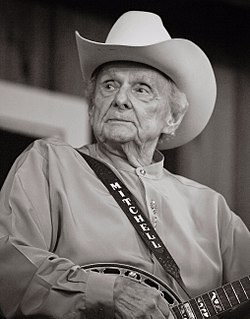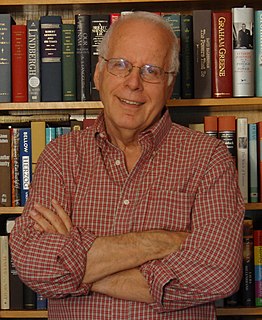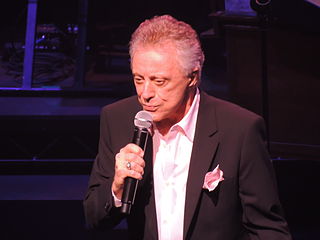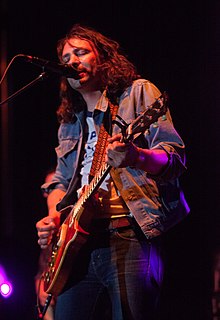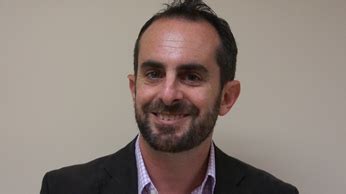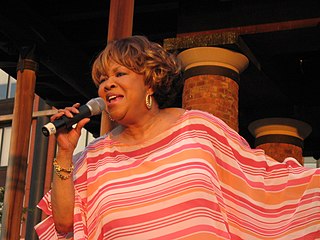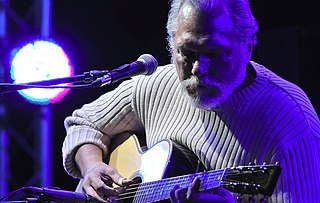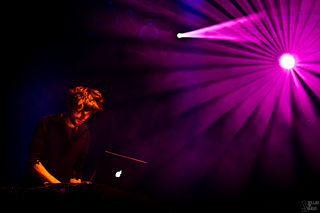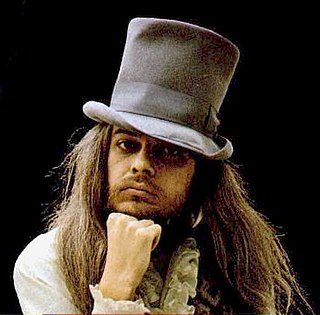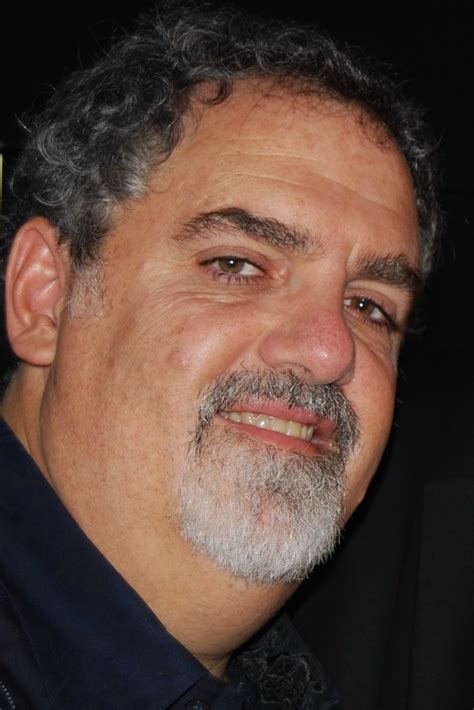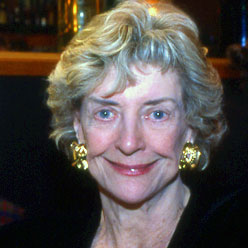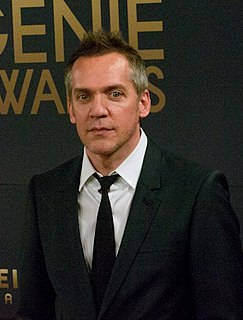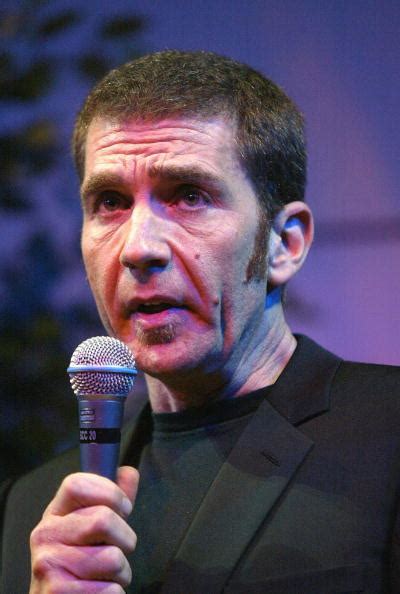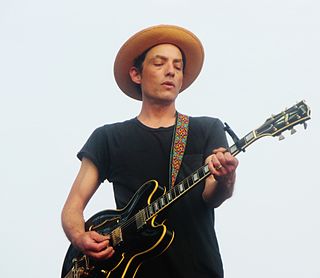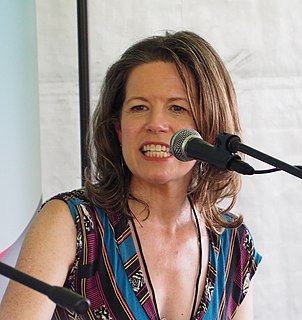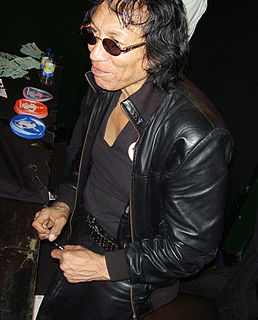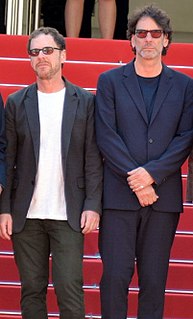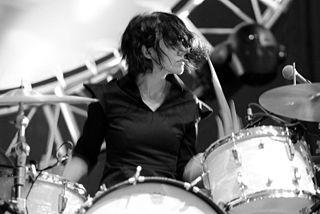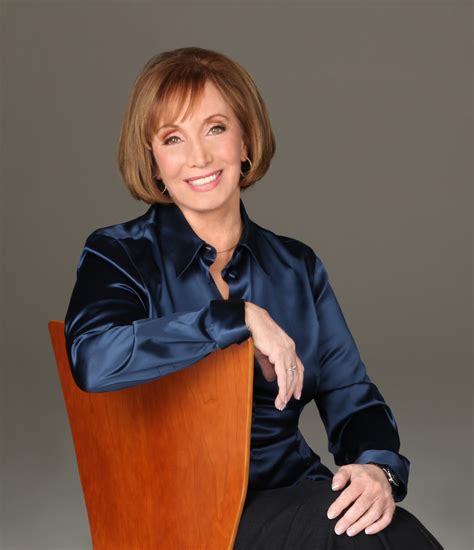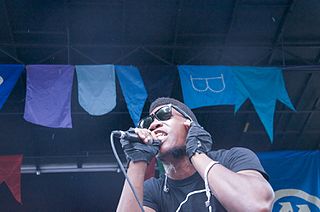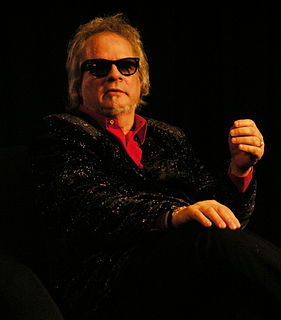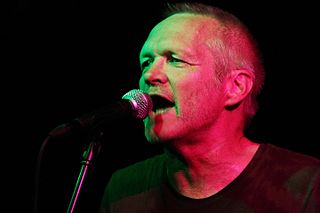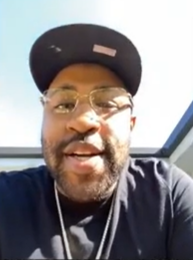Top 621 Dylan Quotes & Sayings - Page 10
Explore popular Dylan quotes.
Last updated on November 12, 2024.
Well, I don't let anyone record with me that is not a fan of mine or believe in my music. Everybody that records for me, from Bob Dylan on down to George Jones, everybody loves me and my music, and I knew they would do their best that they could do, and they did. I didn't doubt them a bit. There's some country people that I wouldn't want, which didn't record with me.
I wanted to be an artist after all, and my teachers told me these were the best authors the 20th century had to offer. But these books sucked. They were so boring and sloppy and plotless. And Bob Dylan's lyrics seemed nonsensical to me - almost like he had just gotten high and written down whatever random thoughts occurred to him.
I don't think I ever wrote a song. I can write a lot of jokes, but when I try to write lyrics they're the most direct, non-figurative words, like, 'I like you, I like you,'... and that's it, for the whole song. People would go, 'Ooh, this guy's Dylan or something.' It gives me a lot more respect for songwriters, actually.
Neil Young, who isn't really evident when you listen to my music, is probably my favorite of the legends, besides Dylan. They're all a huge influence on me. For me, just following rock history and watching Darkness On the Edge of Town and realizing that's it's okay to be obsessed with a snare sound because Bruce Springsteen was obsessed with a snare sound.
On another front of the category-error argument are the insufferable fogeys who think the [Nobel] award is an outrage upon literature itself. That the problem is not simply a mistake may have been made about definitions, but that awful vulgarians are encroaching upon their sacred places. [Bob] Dylan, to them, is the harbinger of the low-culture mob; the latest in an unending number of final straws, or the thin end of a wedge that never seems to get thicker.
In 1952, Muddy cut the song 'Rollin' Stone.' It was a nationwide success, and the song echoes down through rock n' roll history. Bob Dylan cut a tribute by the same name, an English band decided to call themselves the Rolling Stones, and the magazine that first embraced music as a serious cultural phenomenon was itself called 'Rolling Stone.'
One of my friends was a stage hand at a Bob Dylan show in the mid-90s and I remember him telling me that somebody crowd surfed during the gig. And this friend of mine was an old punk rock guy - he was totally humiliated by it. But some of Bob's people were there and they said, "Oh, Bob will be so excited! This is the kind of energy we want at his shows." That's where the old school was at.
Okay, so, flying,” I started, taking a deep breath and focusing on the thing I loved most in the world. “Flying is … great. It feels great when you’re doing it. It’s fun. Pure freedom. There’s nothing better.” Dylan smiled, a slow, easy smile that seemed to light up his whole face. “So the first thing we’re going to do,” I told him, “is push you off the roof.
I was one of those guys, you know, playing and singing, and there was no reason for me to write a song, because there were so many beautiful songs out. And Bob Dylan was always the ultimate songwriter, and nobody could ever write a song as good as him, and nobody ever has written a song as good as him.
We enjoyed the fact that we were called to the folk festivals and we got to know Joan Baez, Dylan. We were singing strictly gospel, but then after we started hearing songs that they would sing, we saw that those songs were very fitting for us because they were singing the truth, and truth is gospel.
I started with the chorus of that song, kind of like a fun bouncy thing to play, and then one of the lines popped up: 'I got things to do today, people to see, things to say.' I wrote about a dozen verses for it, but no song needs to be that long unless you're Bob Dylan. So when we recorded it I started to tear it down to some of the lines I thought were the funniest.
I realized a lot of my friends were going to nightclubs and listening to house music. I was hanging out with them and going to clubs as well but I didn't really understand that kind of music. I was listening to country music and was heavily into Hank Williams, bluegrass, and Bob Dylan. So I just decided I really needed to understand what this music I was hearing in the clubs was all about.
"Masters of War" [of Bob Dylan] wasn't peacenik, anti-war stuff. With its minor key and uncompromising final lines ("And I hope that you die/And your death'll come soon/ I will follow your casket/ In the pale afternoon...") this was a previously unknown hybrid of caustic political commentary and punk rock, which itself wouldn't be invented for another decade or so.
I think the whole emphasis in England, in universities, on practical criticism (but not that so much as on historical criticism, knowing what period a line comes from) this is almost paralysing. In America, in University, we read - what? - T. S. Eliot, Dylan Thomas, Yeats, that is where we began. Shakespeare flaunted in the background. I'm not sure I agree with this, but I think that' for the young poet, the writing poet, it is not quite so frightening to go to university in America as it is in England, for these reasons.
Bob Dylan may be the Charlie Chaplin of rock n' roll. Both men are regarded as geniuses by their entire audience. Both were proclaimed revolutionaries for their early work and subjected to exhaustive attack when later works were thought to be inferior. Both developed their art without so much as a nodding glance toward their peers.
Intellectual traditions emerging from populations that have always been the constitutive other in the development of the properly free citizen - indigenous people, populations labeled physically or mentally unfit, black people, migrants, women, prisoners - have always produced robust critiques of the what Dylan Rodriguez calls "white bourgeois freedom."
Yeah, and so Max and Dylan are supposed to, like, go to Germany and have kids together," I heard Gazzy say. My eyes popped open and I bolted upright. "What?" Fang said, his voice icy. "Gazzy!" I yelled. Wide blue eyes looked at me in surprise, then back at Fang's stoic face. "Oh. Was I not supposed to say anything?" Gazzy asked.
I was born in 1963. So the '70s were my teenage years. As a teenager, I was into rock and roll - Bowie, Rolling Stones, Pink Floyd, even more progressive music like Genesis, and I was into a lot of British rock and roll. But I loved also American rock and roll. CCR, Jimmie Hendrix, The Doors, Patty Smith, and Bob Dylan.
Then about 12 years ago it dawned on me that folk music - the music of Woody Guthrie and Phil Ochs, early Bob Dylan, Johnny Cash, Pete Seeger - could be as heavy as anything that comes through a Marshall stack. The combination of three chords and the right lyrical couplet can be as heavy as anything in the Metallica catalogue.
You can draw a line between what I'm interested in and what I'm not interested in. On one side you can name Dylan and Lennon, who observe the world and have feelings, and write songs directly from those feelings. On the vapid side you have pop groups who need material and write songs to fill the hole, rather than getting somebody else.
In case you guys didn't catch last week's episode, I'm out of the flock," I informed them. "Angel has no allegiance to me. She's wanted me gone for a long time. And in case you didn't catch all the episodes from the past year, Angel is... unbalanced." "Untrustworthy," Fang seconded. "Unpredictable," Jeb added. "Dangerous," Dylan chimed in.
Jake La Botz is a creator of dark poetry and haunting song, the kind of music that gets in your bones and rides you for days, a sound and vision only those who've been to the bottom and clawed their way back up can generate. His midnight gifts evoke Hank Williams and Skip James as much as Tom Waits and Dylan. Not everybody will get this music - because not everybody is ready for the truth.
You can help each other, Max, said the unwelcome voice. You're perfect complements to each other. "Shut up!" I hissed under my breath, and Dylan looked startled. "I didn't say anything." Gritting my teeth, I nodded. "No, I know. It's just-" I decided to take a risk and stare him down. "I hear voices, okay? If you're gonna be here, get used to it. Or else keep your distance.
I always knew that sooner or later there would come somebody like Woody Guthrie who could make a great song every week. Dylan certainly had a social agenda, but he was such a good poet that most of his attempts were head and shoulders above things that I and others were trying to do. ... If I had an address, I'd send him a birthday card saying, 'keep on going.'
It's got to be hard to be a band that's trading on your 40-year-old hits, where there's a certain thing that's expected of you. But that's why I admire Bob Dylan's live performances - he's steadfast about mixing up the songs, not just sticking to his greatest hits, and reinterpreting them to the extent that you really can't recognize them until halfway through. It's like, I DARE you to sing along.
Dylan, this is my friend, Sadie, I told you about.” He looked at me and gave me a slow smile. “Amanda said you were at school last year. How did I miss you?” he asked, his smile turning into a cocky grin. Before I could think of anything to say, Amanda cleared her throat, again and said, “And this is her date tonight, Jax Stone.
Friend, my enemy, I call you out. You, you, you there with a bad thorn in your side. You there, my friend, with a winning air. Who pawned the lie on me when he looked brassly at my shyest secret. With my whole heart under your hammer. That though I loved him for his faults as much as for his good. My friend were an enemy upon stilts with his head in a cunning cloud. -Dylan Thomas
As soon as the boy left the hall, Ramsey suggested that Brodick fill Gideon in on all that had transpired. "Our commanders are going to have to coordinate their efforts for the attack," he said. "Iain wants Winslow and Dylan and you to handpick the soldiers who'll ride with us into England." "We're attacking England?" Gideon asked, astonished. "No," Brodick answered. "Though the thought of it warms my heart.
It's for upset stomachs,' Dylan said, trying to hide a smile. He pointed to the words in the box. 'It's to reduce gas in your digestive system, not to create more gas to make explosions.' Gazzy's face fell as Iggy said. 'Really? Gazzy take it! Take the whole box!' 'I second that emotion!' said Total.
There has been a ton of excellent music in this period (along with a few misses), evoking scenes like a bar-room brawl at a border-town dive, a washed-up singer in a smoky lounge, and the scenes of violence in Bob Dylan latter-day music videos.I think the ethos of this period is best summed up in the 2001 song "Summer Days".
The bible is very resonant. It has everything, creation, betrayal, lust, poetry, prophecy, sacrifice. All great things are in the bible and all great writers have drawn from it and more than people realise, whether Shakespeare, Herman Melville or Bob Dylan. Of course there are stories that are still relevant and inspiring; lessons that need to be taught over and over again. And they give people hope.
I learned how difficult it is to be an artist. There are always compromises. The record company wants you to do this, your fans want you to do this, your family, you can't concentrate on your work. It's a hard thing to be an artist and not give up. That's why I have so much respect for people like Dylan and Neil Young and Tom Waits, because they keep at it. I have a new respect for a true artist.
One of the songs that stayed in my head that I really considered a lot was an old folk song called 'John Brown' - not the abolitionist John Brown, but the one that Bob Dylan has covered and sung before. It's about a boy coming home from the Civil War, or maybe World War I even, and about his Mother seeing him all destroyed.
In the dime stores and bus stations? People talk of situations? Read books, repeat quotations? Draw conclusions on the wall? Some speak of the future? My love she speaks softly? She knows there’s no success like failure? And that failure’s no success at all -Bob Dylan, “Love Minus Zero / No Limit” (1965)
Music didn't really occur to me. Michael Jordan and Batman were my favorite two entities then. Michael Jackson was there, but I didn't really get into Bob Dylan, for instance, until I was in my 20s. The record I heard of his that got me interested in singing was Knocked Out Loaded, which is what many people consider to be his worst record.
In the 1960s, people like Bob Dylan, his music and words were a threat to the society and mainstream of the time. It shook people alive, and directly and indirectly things changed. But, as I see it, the change is never through the music alone. It's also the circumstances around the music that will cause/create the effect. And sometimes it's just strictly accidental that a piece of music becomes a form of protest.
You can scroll through my iTunes and I've got everything. I've got Ace Hood, Alt-J, Annie Lennox, Arctic Monkeys, Beanie Sigel, the Beatles, Beth Hart, Big Sean, Bob Dylan, Bon Iver, Chief Keef, Coldplay, the Flaming Lips, Mariah Carey, Miley Cyrus, Nicki Minaj, OutKast, Pet Shop Boys, Peter Gabriel, the Smiths, and the list goes on from there.
